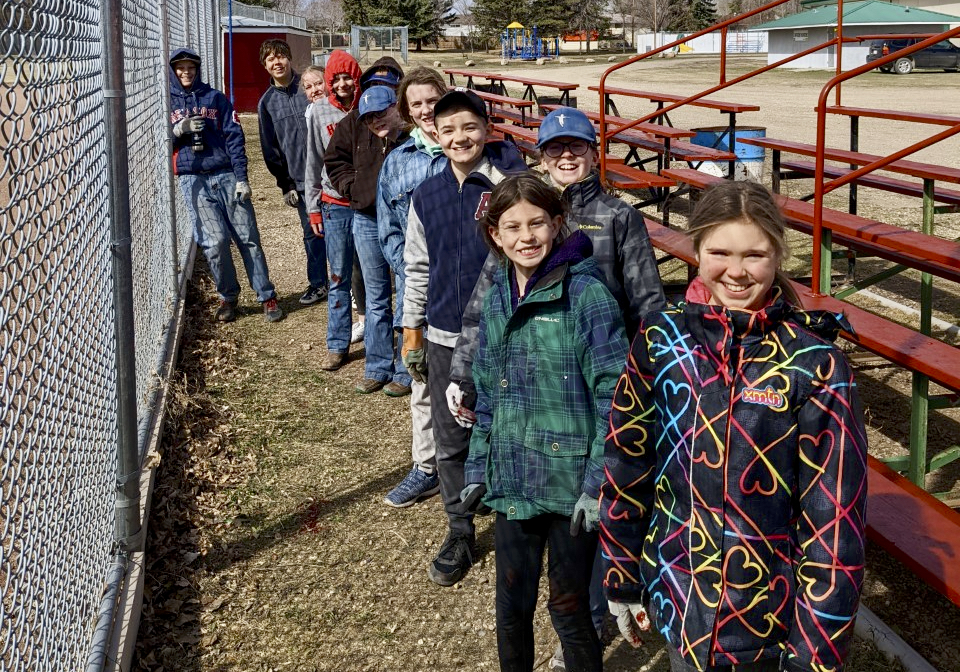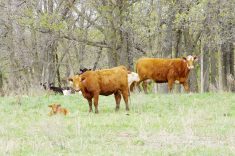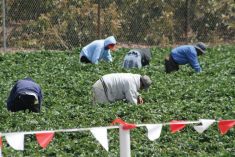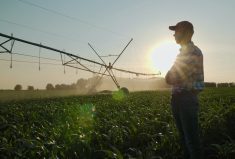Throughout the past two years of the COVID-19 pandemic, 4-H Alberta had one clear goal: to serve their youth.
“We knew they were a vulnerable population that needed this community,” said Kurt Kinnear, the organization’s CEO. “We worked as much as we could to serve our youth through all of this, whether it was virtual or hybrid options, or limiting capacity due to Alberta Health Services (AHS) requirements.
“We did everything in our power to serve our community.”
Read Also
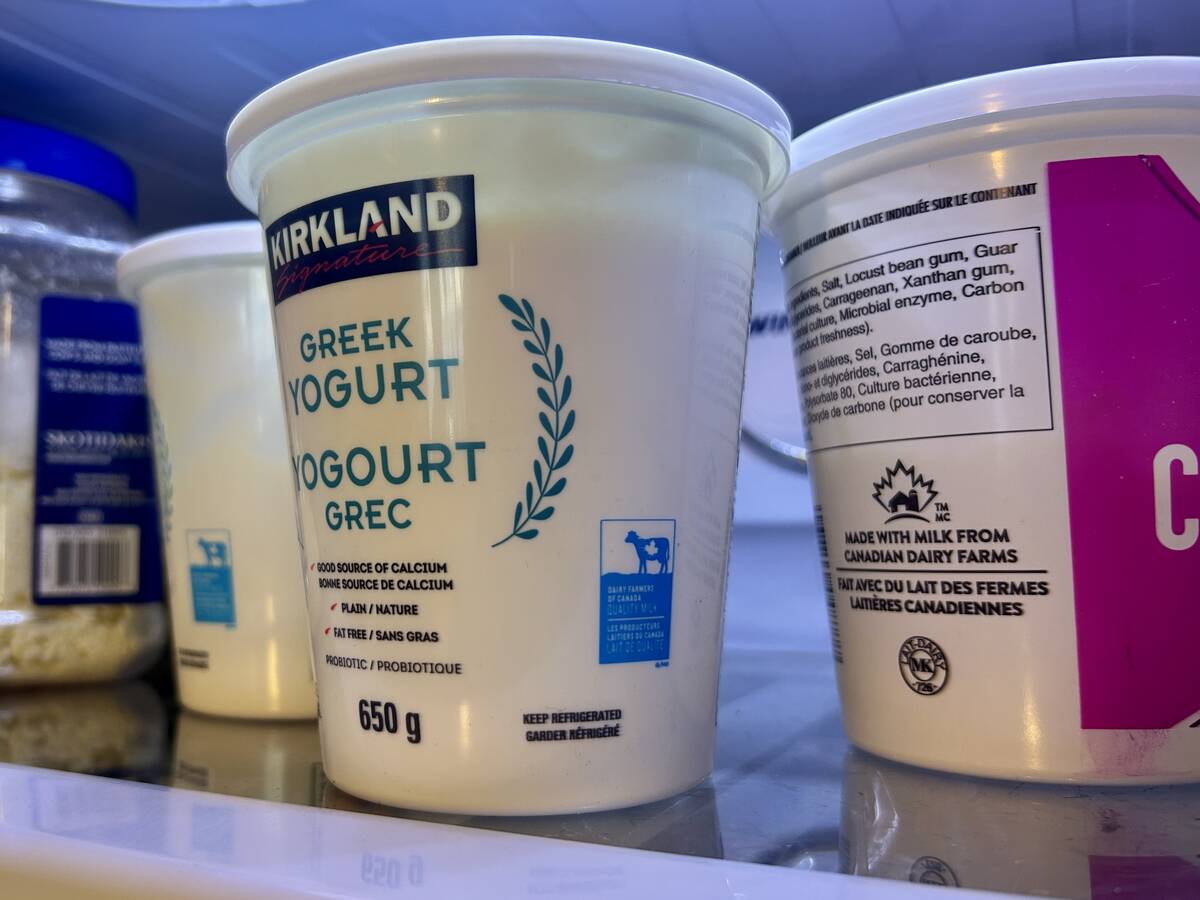
Dairy marketplace faces big changes
Beginning in April, dairy producers will be facing payment changes as processors and industry move to meet consumer demands and trends.
The effort has paid off. Membership numbers have remained relatively stable — around 90 per cent of pre-pandemic levels.
“It was no easy task, and our volunteers are as resilient as our 100-year-old program is,” said Kinnear. “Year over year, we lost six per cent the first year, and another few per cent after that.
“When we look across Canada and across not-for-profits, we’re an outlier. We’ve retained far more membership than what we’ve seen across our industry.”
It’s a testament to the organization’s active supporters.
“From the board to over 2,500 volunteers across Alberta, I can honestly say that I never once heard, ‘Let’s pack it in for some time,’” he said. “There was no quit in any of them. There was obviously frustration. It was difficult to serve our members during this period, but no one ever said, ‘Let’s pack it in for a while.’”
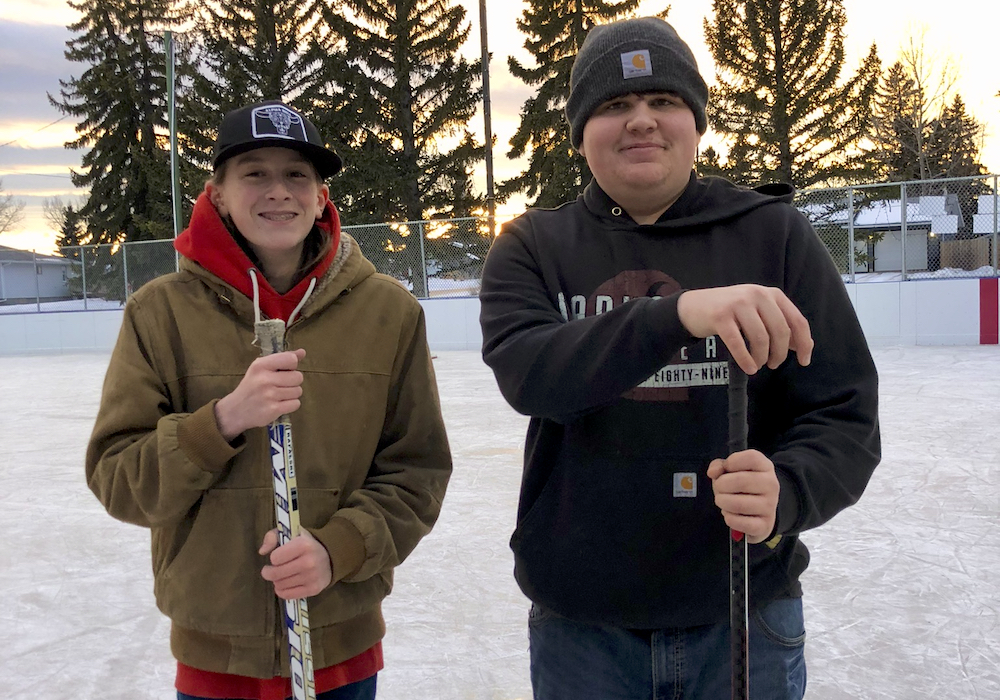
That sort of support has also allowed the organization to ramp up now that most restrictions have been removed.
“We ran partial camps last summer, but this year we are running full summer camps,” said Kinnear. “We did a road tour across Alberta as well. We’ve also hosted our provincial speaking achievement days — there were quite a few limitations, but we had an AHS exemption, which allowed us to do them in a limited capacity. This year, we are doing full achievement days, and basically all of our events are wide open.”
But some lessons were learned during the days when almost everything seemed to be ‘virtual’ — for example, online sales for livestock clubs.
“We heard from the membership that they did very well,” he said. “I’m not sure, but I think some of them will continue to go online because you can get a bigger audience. I think that was an eye-opener for some clubs.”
A long grind
The pandemic was difficult and challenging, said Cathy Price, a volunteer director with 4-H Alberta as well as a leader with the Kneehill 4-H Multi Club in the Acme/Linden area.
The club (which has 29 members along with three junior members known as ‘cleavers’) was getting ready for its achievement days when the pandemic hit in March 2020.
“People finished off their projects,” she said. “We met over Zoom for the last bit.”
After the kids completed their projects — such as sewing, quilting and leatherwork — at home, the club set up display tables in a large parking lot and had a physically distanced achievement day at the end of the summer.
“It was very different, but we still managed to have a little get-together and celebrate what kids were able to do,” said Price.
Leaders looked for outdoor activities, such as a highway cleanup in the fall. But opportunities were limited and meeting via video got old fast.
“Most of our meetings were all online because of gathering restrictions,” said Price. “That was a lot harder — at that point, kids were starting to get fatigued with the online thing because they had done online school from March to June. We had to really work to keep them engaged.”
That meant getting creative.
“We had Zoom games that we would do. One of our members set up a 4-H advent calendar that the kids would do at home and they would get prizes. We had another member organize a gingerbread-building contest, and everybody had to submit their pictures of the houses they built and they had different stuff they had to incorporate, like different stuff that represented our club and 4-H.”
Eventually restrictions eased enough, they could have meetings with six to 10 people (but not the entire club).
“We kept most of our kids and they participated,” said Price. “It was hard, and we had to work at it as leaders.”
So there’s a lot of excitement about getting back to events that haven’t been held for two years, such as attending the 4-H On Parade at the Calgary Stampede at the end of this month, she said.
But, of course, the pandemic isn’t over and that means things are going to be different.
“Now if people have symptoms, they are staying home, and that’s what they should be doing,” said Price. “It’s different. It changes the dynamic a bit.”
But members who aren’t feeling well aren’t cut off — whenever possible, the club tries to have an online option for those unable to attend.
“We’ve become more flexible to presenting alternatives to people because of what they are going through. It’s a paradigm shift for sure,” she said.


